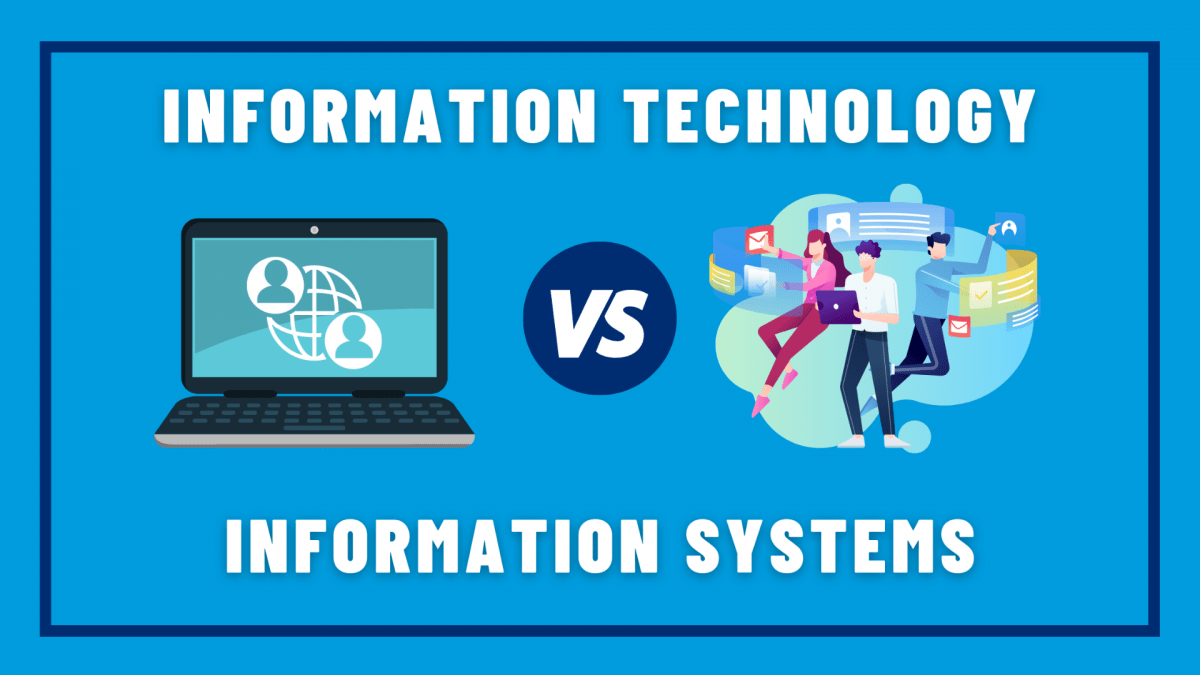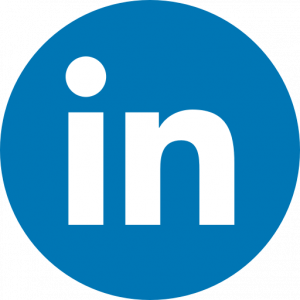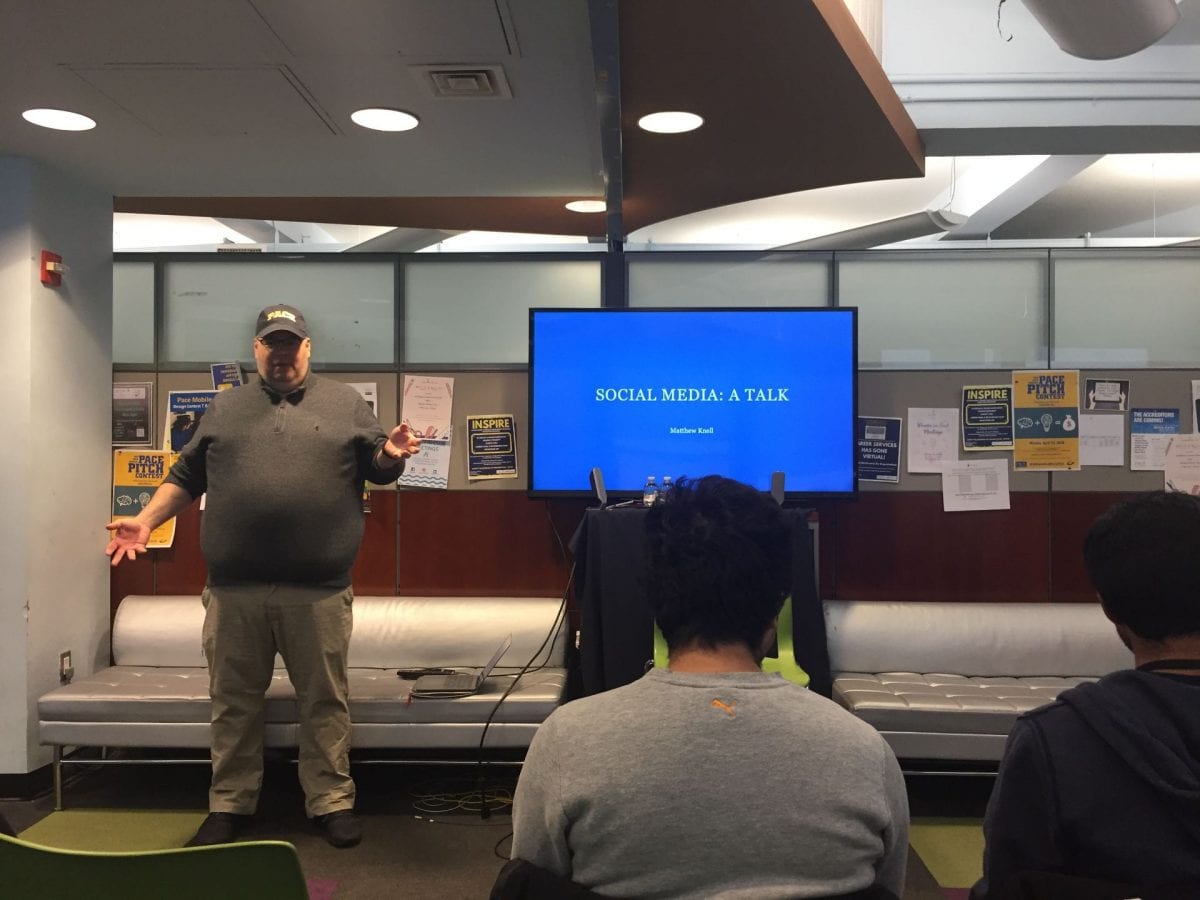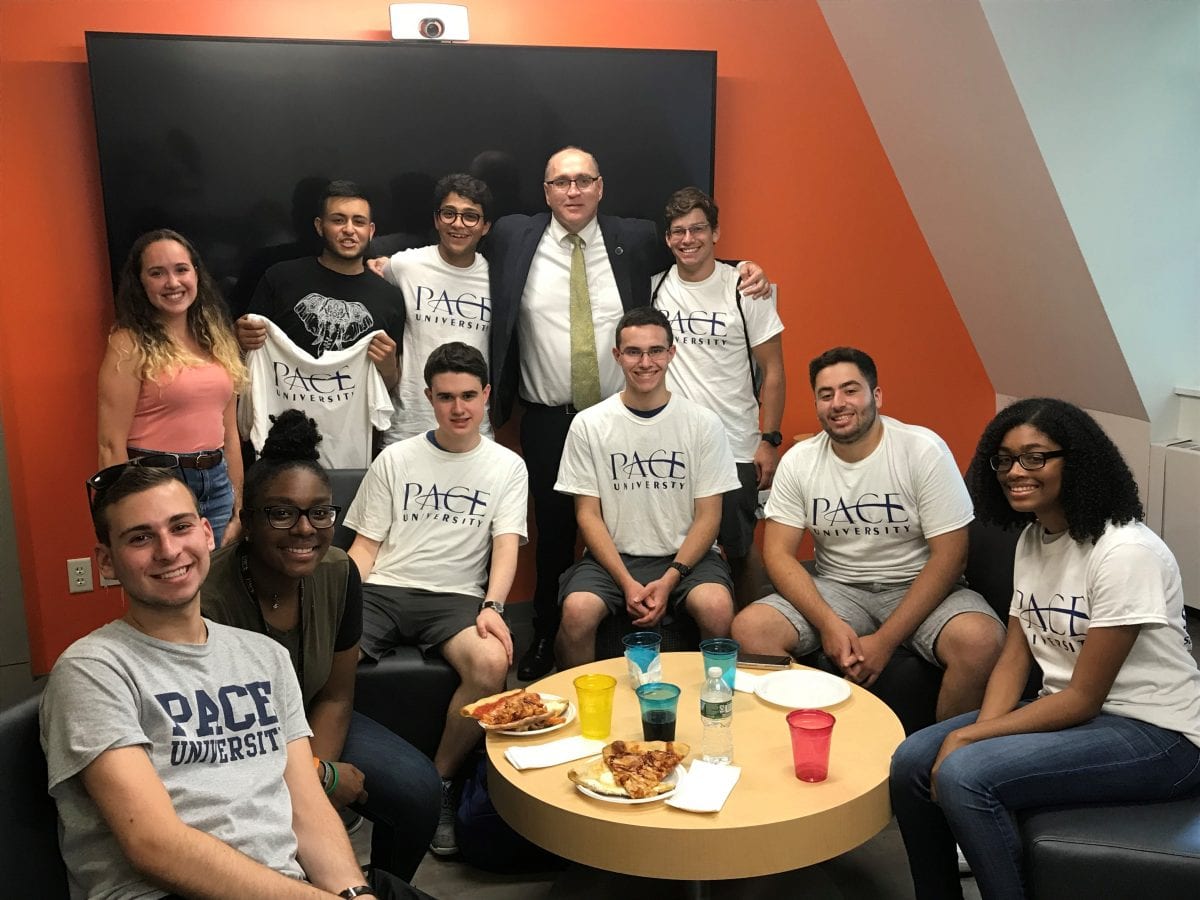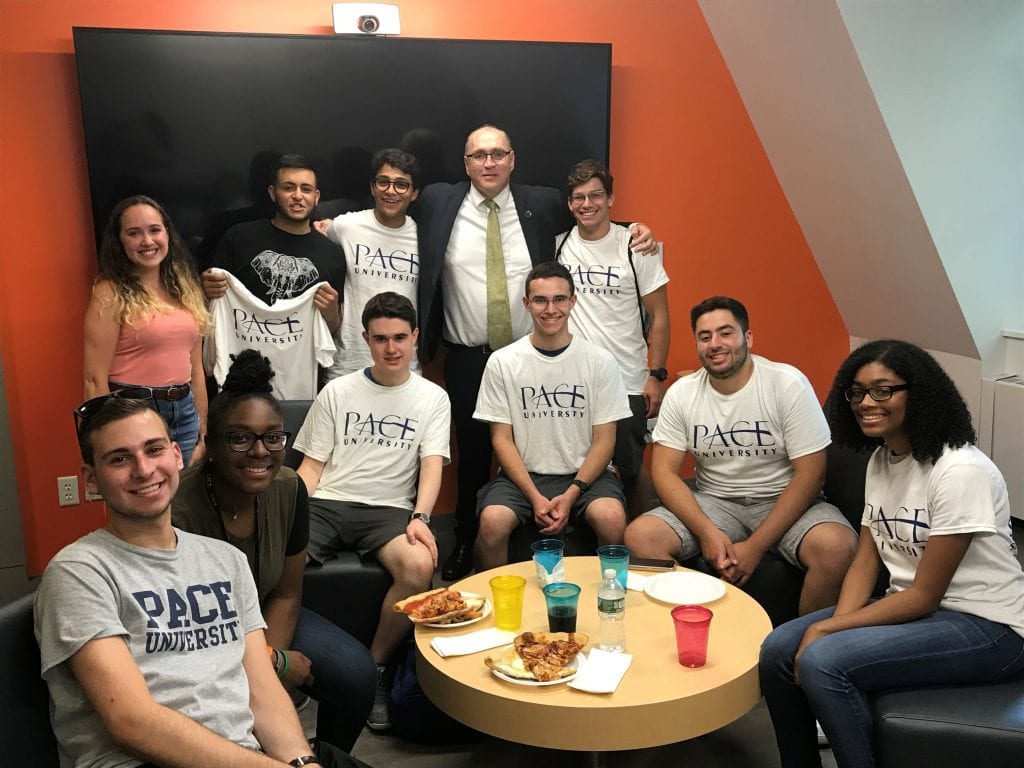Congratulations to students who have been accepted into Pace University’s Seidenberg School of CSIS! Upon joining our community, one of the first things you’ll likely notice is our wide range of undergraduate and graduate degrees. However, our Information Technology and Information Systems majors are two programs that are often confused with one another. As you may or may not know, Information Technology focuses more on the use of systems to store, retrieve, and transmit data, whereas Information Systems is centered on figuring out the best ways to use the data collected. Knowing and understanding the difference between the two is essential to making the best decision regarding which program you should choose.
WHAT TO EXPECT AS AN INFORMATION TECHNOLOGY MAJOR?
As an Information Technology major, you’ll be studying the systems that operate computers, networks, and more. Through the curriculum for this program, students will get to explore a series of fundamental courses in Information Technology. Additionally, you will also get a chance to select an area of focus in IT. These focus areas include security, software development, networking, information management, and computer forensics. However, for those of you who want to take a more liberal approach, you can also create your own interdisciplinary focus.
Security
With a focus in security, you’ll have a brief intro to programming, along with an overview of networking and internet security. Through the programming course, you’ll learn basic operations of Java generally used to solve business and systems-related dilemmas. In addition to correcting system errors, you’ll also be shown how to develop operating systems for various environments.
Software Development
For this concentration, you will be able to take not only one but two courses in programming, which combined will help deepen your overall understanding of coding. In the other courses for this focus, you’ll also get the chance to explore how to analyze and design systems that manage organizations in an effective way.
Networking
Choosing a focus in networking will allow you to take an introductory programming course alongside two other classes that will shape your foundational knowledge of networks and security.
Information Management
Pursuing this focus will teach you everything you need to know about information management skills, such as project planning and systems testing. In addition to that, you’ll also learn to master the art of developing databases and extracting data for analysis.
Computer Forensics
This concentration will provide you with the knowledge needed to conduct forensic investigations by understanding how to locate and extract permissible digital evidence on computers and other mobile devices.
WHAT TO EXPECT AS AN INFORMATION SYSTEMS MAJOR?
Students who are interested in Information Systems will learn how organizations utilize data to make sound business decisions. Through the curriculum, you’ll be encouraged to take marketing and accounting-based classes to help make these assessments. Unlike the Information Technology major, this one doesn’t require you to select an area of focus, however, you do get to choose from a series of electives offered through the program. Information Systems does include various IT concepts, but in a way that focuses on how that data is interpreted by people. Outside of the electives provided, the Information Systems major is split into the Information Systems Core and the Information Systems Environment.
INFORMATION SYSTEMS CORE
The Information Systems Core will show you the ins and outs of the computer’s basic components, which will include an understanding of its hardware and how to effectively troubleshoot problems. With this understanding, you’ll then get into the basics of Java with two introductory programming classes. Other topics you’ll explore include global networking and distributed computing. With global networking, you’ll examine the technology used for business telecommunications while also observing case studies between various organizations. Distributed computing will show you the difference between distributed and centralized systems, along with how to address systems-related issues. On top of that, you will also learn how to design, implement, and analyze various systems.
INFORMATION SYSTEMS ENVIRONMENT
The Information Systems Environment courses cover the business aspect of Information Systems. Through financial accounting, you’ll discover the essentials of making sound administrative decisions from a business, government, and nonprofit perspective. Meanwhile, in your managerial accounting course, you will focus more on the implementation of the data collected rather than the collection of data itself. In your other courses, you will be taught basic macroeconomic principles such as economic growth and banking, managerial planning and leadership, and marketing fundamentals like product development, advertising, and sales.
THE TAKEAWAY
Although different, both programs allow students to earn credits for completing a capstone project or interning at an approved worksite. Regardless of which one you choose, both options provide you with work experience that will benefit you upon graduating from either program. With a degree in Information Technology, your career opportunities can range from IT consultant to computer technician and more. Whereas, with a degree in Information Systems, you’ll find that careers in database administration, the healthcare industry, or even the government are within your scope of opportunities. Whichever you decide, we intend to provide you with all the tools and support you need to succeed.


